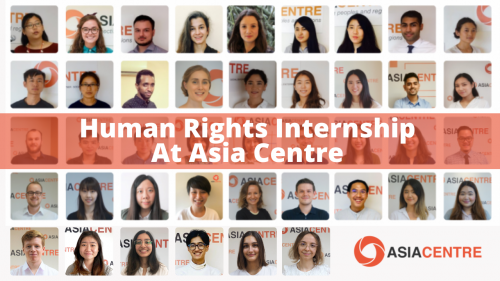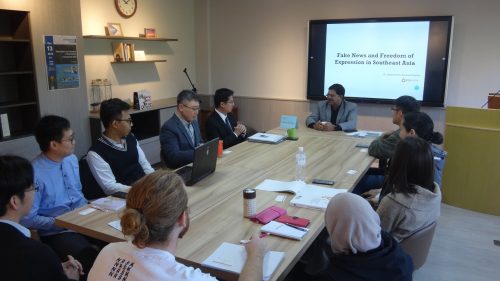James Gomez & Robin Ramcharan, The Protection of Human Rights in Southeast Asia, Improving the Effectiveness of Civil Society. Asia-Pacific Journal on Human Rights and the Law (2) (2012) 27-43
1. Introduction
A nascent human rights regime is emerging in Southeast Asia, one equipped with an institutional body, the ASEAN Inter-governmental Commission on Human Rights (AICHR) and a normative framework enshrined in the ASEAN Human Rights Declaration (AHRD). While advocacy Civil Society Organizations (CSOs) are playing a vital shadowing role that confronts ASEAN governments with the need to craft a credible protection mechanism, the lack of formal consultation with the current legal frameworks reflects the marginalization of CSOs within the
member states. Beyond marginalization of CSOs in crafting the AICHR, States have sought to limit the impact of CSOs’ advocacy activities through selective engagement of government approved CSOs. The adoption of the AHRD on 18 November 2012 and the inability of civil society to effectively influence its drafting is the latest phase in the human rights story in Southeast Asia. It is symptomatic of the tension that has existed between civil society and States in this region since the end of the Cold War.
[row]



